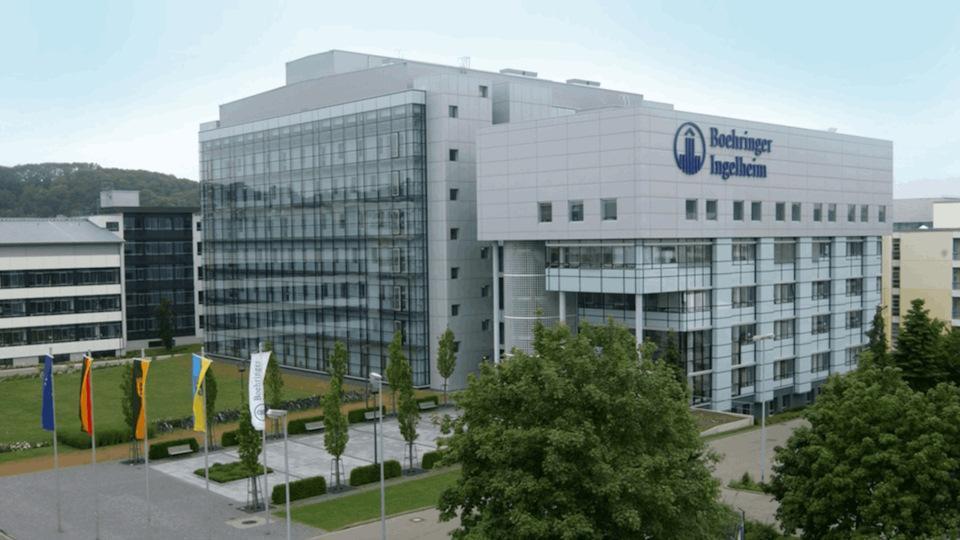Sanofi expects growth as rare disease drugs boost earnings

Sanofi’s strategy of betting on new drugs and biotech acquisitions seems to be paying off, as the company has forecast growth for 2019 thanks to higher than expected quarterly earnings and strong sales at Genzyme.
The company forecast a 3-5% increase in earnings per share for 2019.
Patent expiries in diabetes drugs like Lantus have taken their toll on previous earnings, and in the latest quarter sales in the diabetes and cardiovascular unit fell 11.3%.
However sales at Genzyme rose 37.4%, and Sanofi is hoping further success in rare diseases, particularly from its new rare blood disorder franchise, will continue to propel its growth.
Sanofi received some vindication for this belief on Wednesday as the FDA approved its Cablivi (caplacizumab-yhdp) in combination with plasma exchange and immunosuppression for the treatment of acquired thrombotic thrombocytopenic purpura (aTTP) in adults.
aTTP is an autoimmune disorder characterised by clot formation in small blood vessels, leading to severe thrombocytopenia (very low platelet count), microangiopathic hemolytic anemia (loss of red blood cells through destruction), and ischemia (restricted blood supply to parts of the body). Cablivi is the first FDA approved therapy specifically indicated for the treatment of the disease.
Cablivi targets von Willebrand factor (vWF), a protein in the blood involved in hemostasis. It is designed to inhibit the interaction between vWF and platelets. The drug received FDA Fast Track designation and was evaluated under Priority Review.
The drug was approved in Europe last year.
Sanofi acquired Cablivi via its $4.43 billion buyout of biotech Ablynx last year. Around the same time, it also acquired haemophilia specialist Bioverativ for $11.6 billion – another company that will contribute to the rare blood disorder franchise.
Meanwhile, the company is hoping that other new brands such as atopic dermatitis drug Dupixent and rheumatoid arthritis treatment Kevzara – both launched in 2017 in collaboration with Regeneron – will also boost growth.











